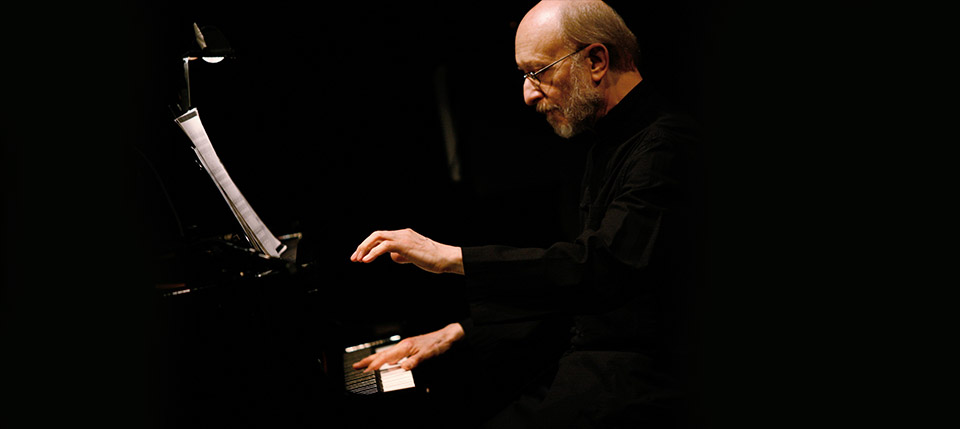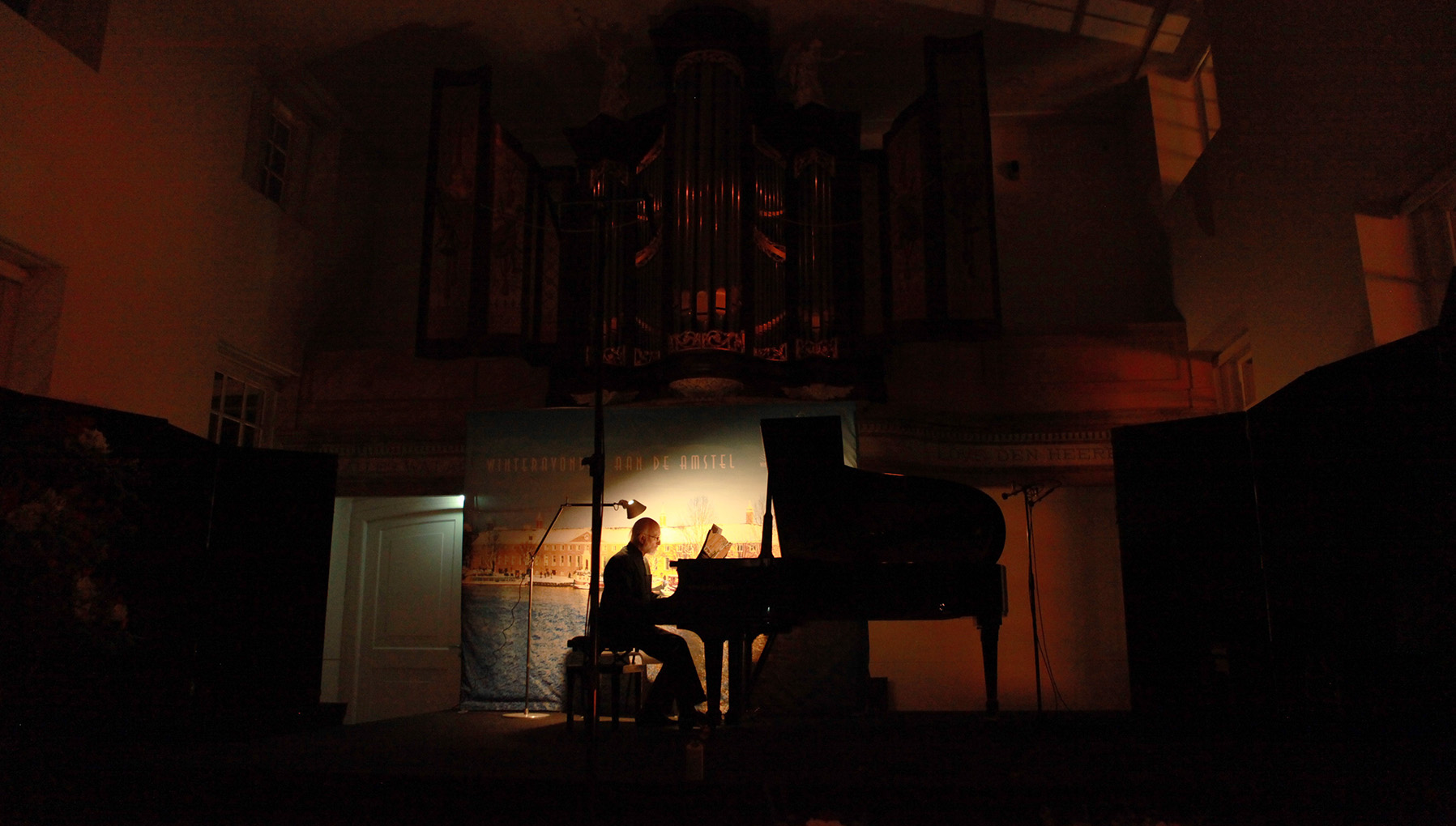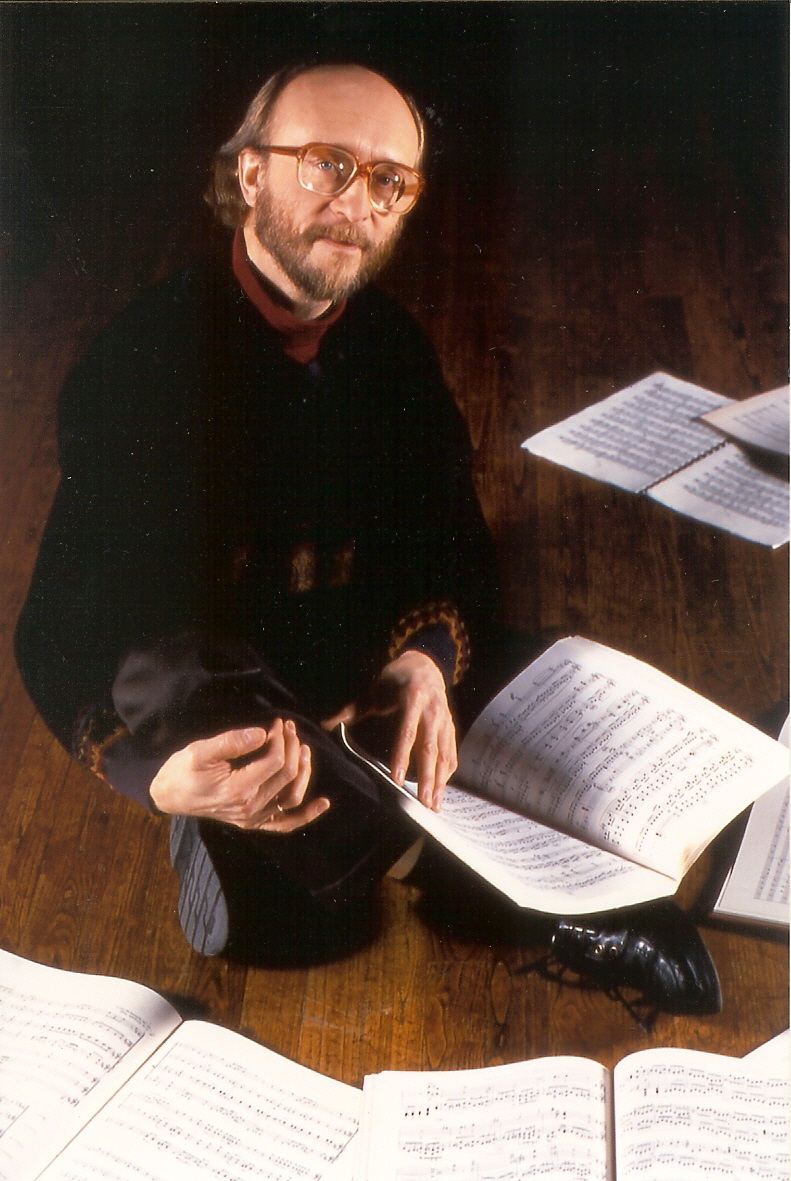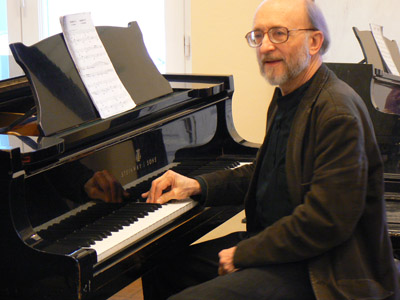Geelvinck Salon in het Cromhouthuis: Russische fortepianist Alexei Lubimov speelt Beethoven en Dussek.
26 maart 2017 | 16.00 uur
| Museum het Cromhouthuis, Amsterdam

De fameuze Russische fortepianist professor Alexei Lubimov speelt de twee beroemdste sonates van Ludwig van Beethoven, de sonate Pathétique en de Mondscheinsonate afgewisseld met twee pareltjes van Jan Ladislav Dussek, de sonates Farewell en L’invocation.
Alexei Lubimov (1944) is verbonden aan het Conservatorium van Moskou en het Mozarteum in Salzburg en staat bekend om zijn betoverende spel waarin hij laat ervaren dat muziek niet alleen warme emotie biedt maar ook gevoelens van verbinding kan geven.
Alexei Lubimov zal spelen op de Böhm fortepiano vleugel1820 (bruikleen van Gijs Wilderom)
Programma:
Ludwig van Beethoven (1770-1827)
Pianosonate no. 8 in c klein, Op.13 (1798)
“Pathétique”
– Grave – Allegro di molto e con brio
– Adagio cantabile
– Rondo allegro
Jan Ladislav Dussek (1760-1812)
Sonate in Es Groot, Op.44 “The Farewell” (1800)
– Introduzione: Grave – Allegro moderato
– Molto adagio e sostenuto
– Tempo di Menuetto più tosto Allegro
– Rondo. Allegro moderato ed espressivo
Pauze
Jan Ladislav Dussek
Sonate in f klein, Op.77 “L’invocation” (1812)
– Allegro moderato, ma energico
– Tempo di Menuetto, con moto
– Adagio non troppo, ma solenne
– Rondo. Allegro moderato
Ludwig van Beethoven
Pianosonate nr. 14 in cis klein, Op.27 nr. 2 (1802)
Quasi una fantasia “Mondscheinsonate”
– Adagio sostenuto
– Allegretto
– Presto agitato
Introduction to the program
Jan Ladislav Dusik (Jean-Louis Dussek in France, 1760-1812) and Ludwig van Beethoven (1770-1827) were not only contemporaries – they both were excellent pianists, virtuosos of their time and great revolutionary and passionate experimentators: Beethoven – more in the field of the form and compositional processes, Dussek – in harmony and in very individual style of piano texture, inventing things which became more common in the works of Chopin, Liszt and Dvorak. Both were great predecessors of Romanticism, with deepest and personal feelings of innermost intentions of the soul.
The tragic deafness and struggle with destiny influenced Beethoven’s works very deeply; one can say similarly about Dussek’s life and dramatic circumstances of this unquiet traveller, who has served at the court of French King and Marie-Antoinette, settled in London for some happy years, became bankrupt and run away, first to Germany, then again to France to be close with French Minister Talleyrand.
The Sonata op.44 “Farewell” was composed in 1800 and dedicated to Dussek’s friend Muzio Clementi, it is one of his most joyful and optimistic pieces. As contrary, his last Sonata op.77 “L’invocation”, in the tragic key f minor, reflects his depressive thoughts on coming death in the same year 1812.
Locatie
Museum het Cromhouthuis
Het Cromhouthuis vertelt het verhaal van de roemruchte familie Cromhout, die bijna twee eeuwen lang de panden aan de Herengracht 366-368 bewoonde. Hun huizen zijn vandaag de dag nog net zo imposant en fraai als destijds in de Gouden Eeuw. Het Bijbels Museum bevindt zich op de bovenste verdiepingen.Lees verder





